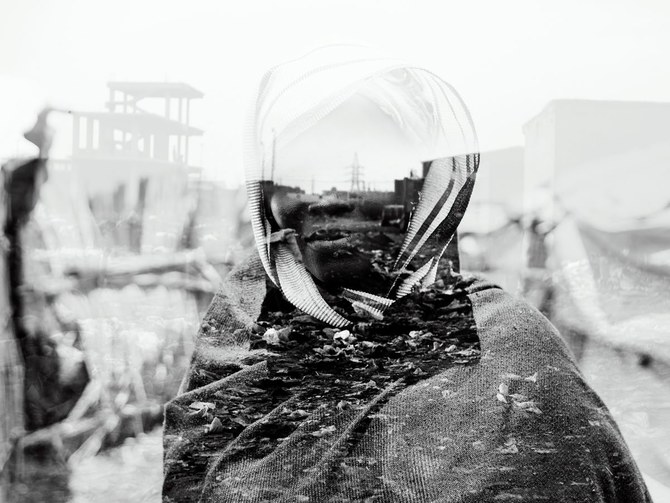The Khartoum-based photographer’s work has become ‘a nostalgic collection’ of what his city looked like before the current outbreak of violence .
When the Khartoum-based Sudanese photographer Ala Kheir was approached to feature in “Reframing Neglect,” a group show in New York presenting works by African photographers, he had no idea that the exhibition would be staged as his country was plunged into another violent conflict.
Sudan has been in the throes of political turmoil since authoritarian leader Omar Al-Bashir was overthrown in 2019, but the explosion of violence on April 15 between Sudan’s two warring generals Abdel Fattah Al-Burhan of the Sudanese Armed Forces and Mohamed Hamdan Dagalo’s Rapid Support Forces took the world by surprise, including Kheir.
“Reframing Neglect,” curated by contemporary artist and activist Aïda Muluneh, is focused not on warfare, but on the need to end what are termed “neglected tropical diseases,” which included leprosy, sleeping sickness and river blindness. It showcases works by Kheir and photographers from six other countries in Africa — Somalia, Ethiopia, Kenya, Mali, Nigeria, Sudan and Ethiopia.
Kheir’s works in the exhibition were shot in the Stables Industrial Area, a neighborhood on the outskirts of Khartoum where families fleeing unstable regions have made makeshift homes. It’s also where the majority of the people in Sudan living with NTDs reside. But now, with the violence that has transformed Khartoum into a constant battleground, even they have been forced to find refuge elsewhere.
Kheir’s work subtly addresses Khartoum’s complexity, as well as the socio-economic issues that shape it, or at least shaped it before the current violence.
“I work in a way that feels more like seeing,” Kheir explains from his home in Khartoum. “This city has been my playground for so long. Even though I am from Darfur, Khartoum is where most of my work is. Through my photography I try to document and engage with the city and understand it better.
“With my camera I’ve been to all parts of the city, all parts of the community,” he adds. “I’ve been photographing projects in the outskirts — in the poor, relatively new neighborhoods — and in the center of the city, where the action is.”
Through photography, Kheir strives to raise awareness of the community of artists whose lives are now at risk in Khartoum.
“I try to use photography with the aim of self-reflection, while also enjoying the process and the difficulty of making a simple photograph that delivers a message,” he says.
Kheir runs The Other Vision, a platform that focuses on photography education and training in Sudan, through which he assists young photographers and connects Sudanese artists to the rest of Africa, as well as engaging with the public to address social issues to bring about change in Sudan.
“When I look at my photography now and think about the war that is currently taking place in Khartoum, my work has become very important to me,” he tells Arab News. “I keep looking at the photographs I took of the city; they have become a nostalgic collection of what it used to look like.
“Since I cannot photograph the city now like I did before, I am reviewing the work I have done over the past 10 years and I want to publish a book with these images,” he continues. “Khartoum and Sudan will not be the same after this war.”
source/content: arabnews.com (headline edited)
____________

‘Home is Here,’ one of Sudanese photographer Ala Kheir’s images from the New York group exhibition ‘Reframing Neglected.’ (Supplied)
_________
SUDAN